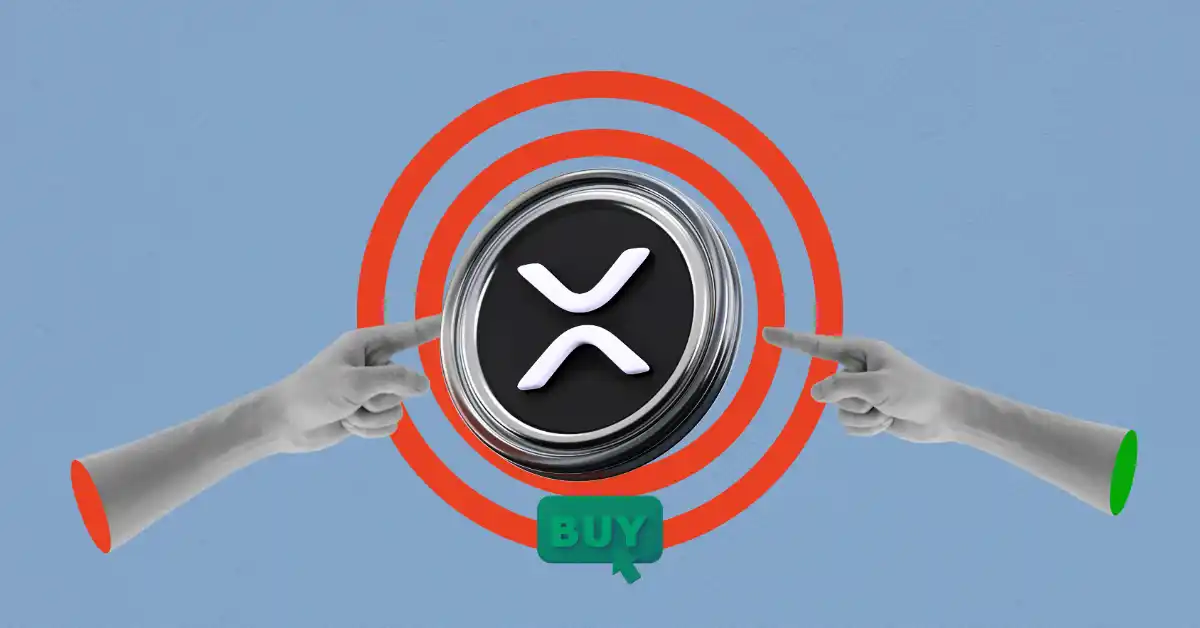Most banks will warn you if the name on the bank account you are sending money to does not match the name you entered on the transfer. If this happens, use this as a reason to double check.
Sometimes scammers impersonating children will claim they do not have access to their usual bank account – so watch out for this.
Now read: Ever been a customer of BT, Apple or VW? You could be in line for a payout
Impersonation scams
Many scammers impersonate banks, HMRC, police and other trusted organisations when asking for money.
In the case of bank impersonations, Mr Skinner said a scammer will typically call and say they are a police investigator looking into your bank so they cannot bring them into the conversation. Or they will pretend to be from your bank’s fraud team.
They will then say they need to move your money to a safe account to prevent losses to fraud. Ironically, this safe account is nothing of the sort and once the funds are transferred you will have fallen victim to a scam.
When victims ask why the name of the payment recipient is not the bank, the scammer will claim it is the name of the bank manager who will be looking after your funds.
Mr Skinner said: “No bank would ever ask you to move your funds to a safe account.”
Scammers pretending to be HMRC tend to become more active around the time tax returns are due, when they know people are more likely to expect communications from the tax authority. Fake texts and emails tend to encourage people to click on links and part with their bank information..
There’s also a common phone scam to watch out for, where a recorded message tells you “there is a warrant out for your arrest” due to owing tax. Rest assured, HMRC would not issue this kind of correspondence to let you know about unpaid tax, so don’t be panicked into making a payment over the phone.
Investment and cryptocurrency scams
Investment scams, particularly those involving cryptocurrency, often target midlifers because they tend to have more money – and are looking for ways to use it.
Many investment scams originate on social media, with six out of ten coming from Instagram, according to TSB. Celebrities are often mentioned in the promotion of these scams.
After following a link and expressing an interest in the ‘investment’ a scammer will then contact you, impersonating a financial adviser or company representative promising big returns if you invest in the cryptocurrency or other scheme.
You may be assigned a trader and shown supposed returns clocking up on your account. However, when you ask for your money back the adviser will disappear.
Mr Skinner said the amounts lost to investment scams can be so large that the impact is lifelong and extremely damaging.
He said the cost of living crisis has also made people more desperate to top up their savings. Fraudsters also prey on the fear of missing out.
“Although there are some legitimate cryptocurrencies out there and crypto providers, there’s also a whole load of unscrupulous people that are using this as a kind of scam,” he said.
He recommended doing your due diligence when investing. Check the FCA warning list to make sure that the company you are dealing with has not been subject to a cautionary note and whether it is regulated by the watchdog.
“You’d be amazed how many people, just on the say-so of one interaction online, are happy to give away £50,000,” he said.
Ms Sinclair said victims are sometimes redirected to fake versions of legitimate platforms and websites, so it is a good idea to verify the website – for example by checking the web address – and the people you are speaking to.
Romance scams
Romance scammers can often target midlifers with extra disposable income. Victims are spread out evenly across ages, but nearly half of all financial losses are borne by those aged 51 to 65, according to TSB.
Typically, scammers will establish a virtual romantic relationship, messaging the victim for months and establishing trust, before they ask for money and disappear. This feeling of betrayal is part of what makes falling for a romance scam so upsetting.
With many relationships now starting online, it is easy to get duped.
Scammers will have a reason for asking for money, perhaps asking for money for a plane ticket to meet the victim. Ms Sinclair advised validating the stories of someone you are seeing online before sending money.
She said: “Before you send money at all, what we say is, speak to your loved ones. It’s often the best way to realise if you’re being targeted by a scam.”
Credit: Source link















































